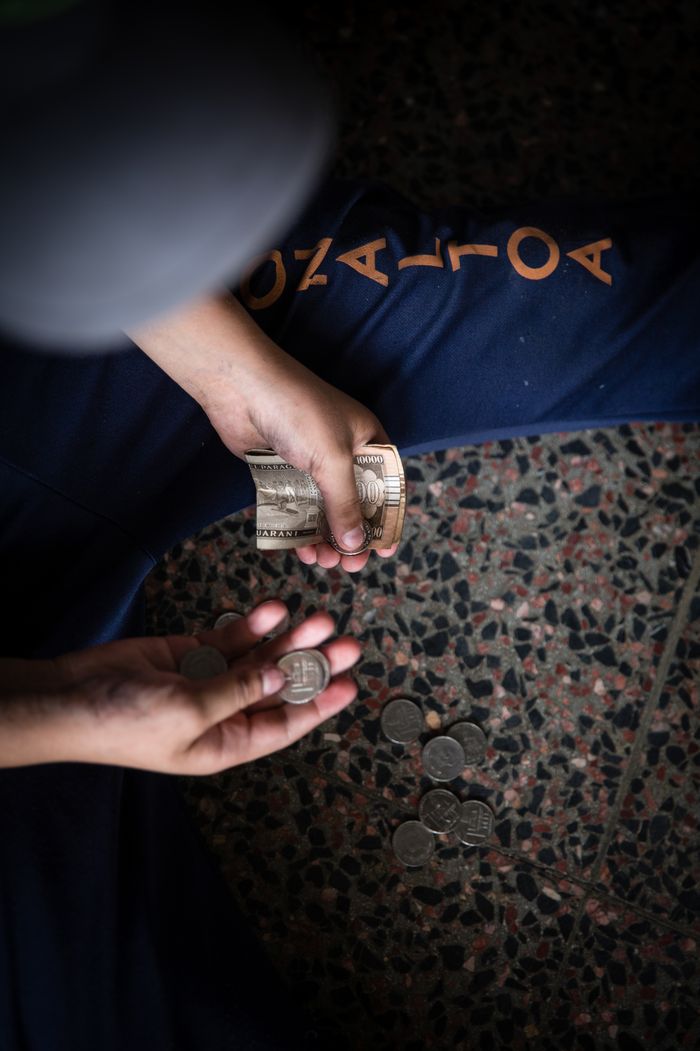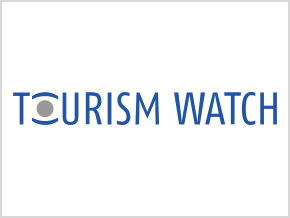Over the last years, important steps have been made that position child protection within the sustainability focus of travel and tourism. This includes improved laws and industry engagement. Covid-19 derailed momentum, but the restart in tourism also offers opportunities to build back better.
The socio-economic vulnerability of children has dramatically increased as a result of the pandemic, political instabilities and natural disasters. While international tourism recovers from the impact of the pandemic amidst increasing economic and geopolitical challenges, the imbalance of powers between travellers and impoverished local communities is growing. With communities financially struggling due to the crisis, the situation is conducive for both domestic and foreign child sex offenders to access victims more easily than before.
At the same time, trends in tourism are changing: Domestic and community travel along with an increasing use of technology serve as new avenues for offenders to misuse the industry’s infrastructure and services to groom and sexually exploit children.
Insights from a Global Study
Some of these trends were visible even before the pandemic. When in 2016 ECPAT International launched the first Global Study on Sexual Exploitation of Children in Travel and Tourism, we found that most victims actually know their perpetrators and that the majority of offenders are circumstantial abusers. Generally, the crime is very much domestic and intra-regional. Online arrangements are increasingly used, and boys are victims, too. The study demonstrated that the problem is a truly global one. It set out clear recommendations for concerted action.
Risks in the context of tourism activities
The recommendations also addressed the need for action by tourism companies. Various tourism products that offer unregulated access to children are not only detrimental to the development of children, but can also put them at risk of sexual exploitation. Over the last years more and more companies have taken the initiative to transition away from offering visits to orphanages. However, a variety of voluntourism packages still allow unvetted access to children.
Other types of tourism services, some of them informal ones, are also offered as part of packages, or accessed directly by individual tourists. These can include home-stays, private rentals, smaller hotels, unregulated ‘slum tourism’ or community tourism that gives access to local groups including indigenous people. Sharing-economy practices such as private accommodation that may be booked via tech platforms also require scrutiny.
New legislation
In recent years, there have been new developments in the legislative sphere, including supply chain legislation. In Germany, for instance, a new law is going to come into force in 2023. However, due diligence laws mainly reflect the responsibilities of big companies in their direct supply chains, while neglecting informal supply chains in the destinations. While the German act indicates that it is important for companies to be aware of risks, there are no obligations to procure information or actively supervise indirect suppliers.
An analysis of the impacts of the German Act on Corporate Due Diligence Obligations in Supply Chains on the Sexual Exploitation of Children in the Travel and Tourism Industry pointed out that most enterprises do not exceed the threshold of employees in order to be required to comply with the due diligence obligations. In the German travel and tourism sector, initially less than a handful out of about 3000 tour operators fall under this new legislation. In the absence of binding regulations for the others, ECPAT through The Code offers support on how to implement measures to protect children from sexual exploitation in travel and tourism, including through risk assessments.
High awareness among Germans
Earlier this year, ECPAT International conducted a poll with the German public to understand attitudes towards child protection in travel and tourism. While nearly two thirds of all German adults consider ‘environmental protection’ as the defining characteristic of ‘sustainable and responsible tourism’, almost half of the adults consider child protection from sexual exploitation as equally relevant. 20 percent of the respondents even think that all German travel companies should have a legal duty to train tourism professionals to report suspected child sexual exploitation and cases of abuse. These are clear messages to be considered by the government and the industry.
World Tourism Day 2022
Under the title “Rethinking Tourism” World Tourism Day will take place on 27 September, 2022. Topics related to the environment, rural development, education, gender equality and youth will be addressed. However, children’s rights to live free from exploitation are not adequately featured, even though the Framework Convention on Tourism Ethics under the World Tourism Organization (UNWTO) covers a broad range of ethical aspects. It explicitly includes the protection of children from sexual exploitation.
ECPAT International would like to see tourism stakeholders translate this principle into concrete action. We need to change the perception that addressing sexual exploitation of children is a negative story that the tourism industry does not want to be associated with. The first focus should be on prevention. This is a positive narrative. Destinations can distinguish themselves from others by demonstrating commitment and leadership on social issues. Meaningful and transparent action becomes a branding opportunity. A broad range of actors needs to be mobilised to effectively protect children.
Guillaume Landry took over as Executive Director of ECPAT International in Bangkok in November 2021. He is a specialist in child protection with over two decades of professional experience in the field of organisational development, interagency collaboration, and multidisciplinary research in child protection and children’s rights.
<drupal-entity data-caption="Guillaume Landry" data-embed-button="media" data-entity-embed-display="view_mode:media.tourism_watch_inline_portrait" data-entity-type="media" data-entity-uuid="cf245822-d28e-4572-9178-e7ffd48e0964"></drupal-entity>



![[Translate to english:] [Translate to english:] Guillaume Landry](/fileadmin/tourismwatch/_processed_/8/7/csm_Photo_guillaume-landry_1549cb17e6.jpeg)
